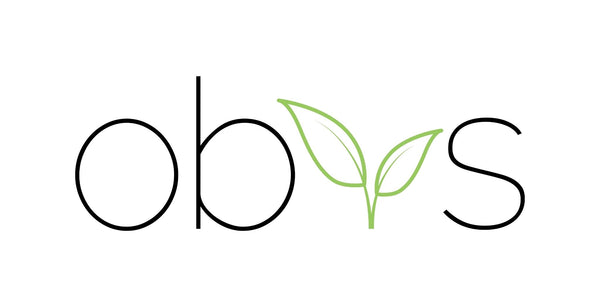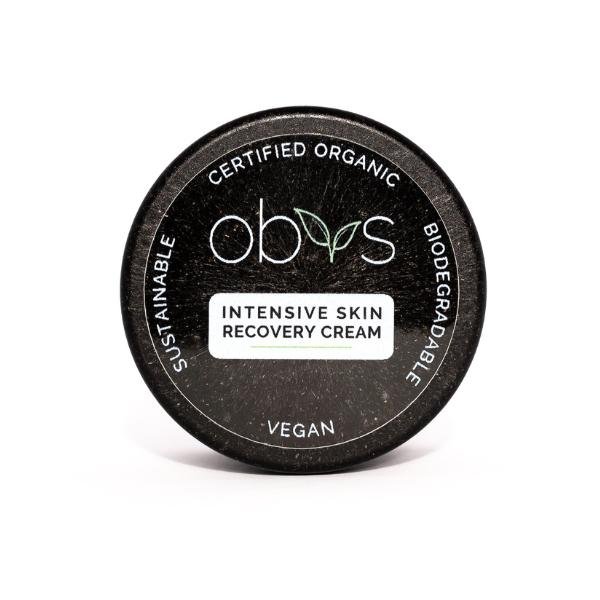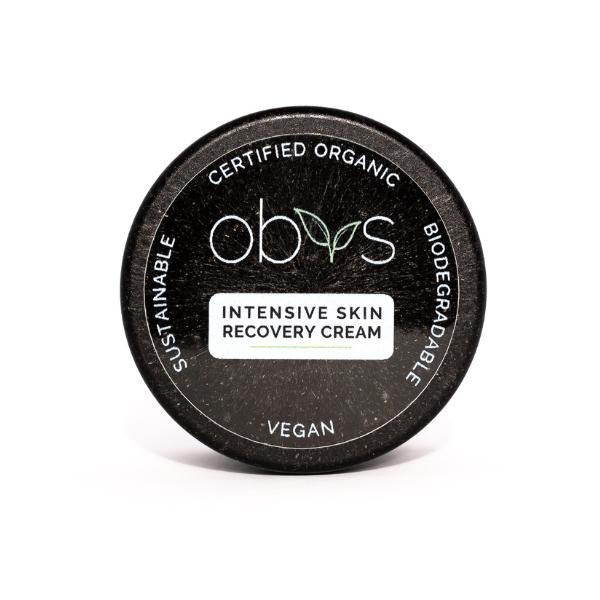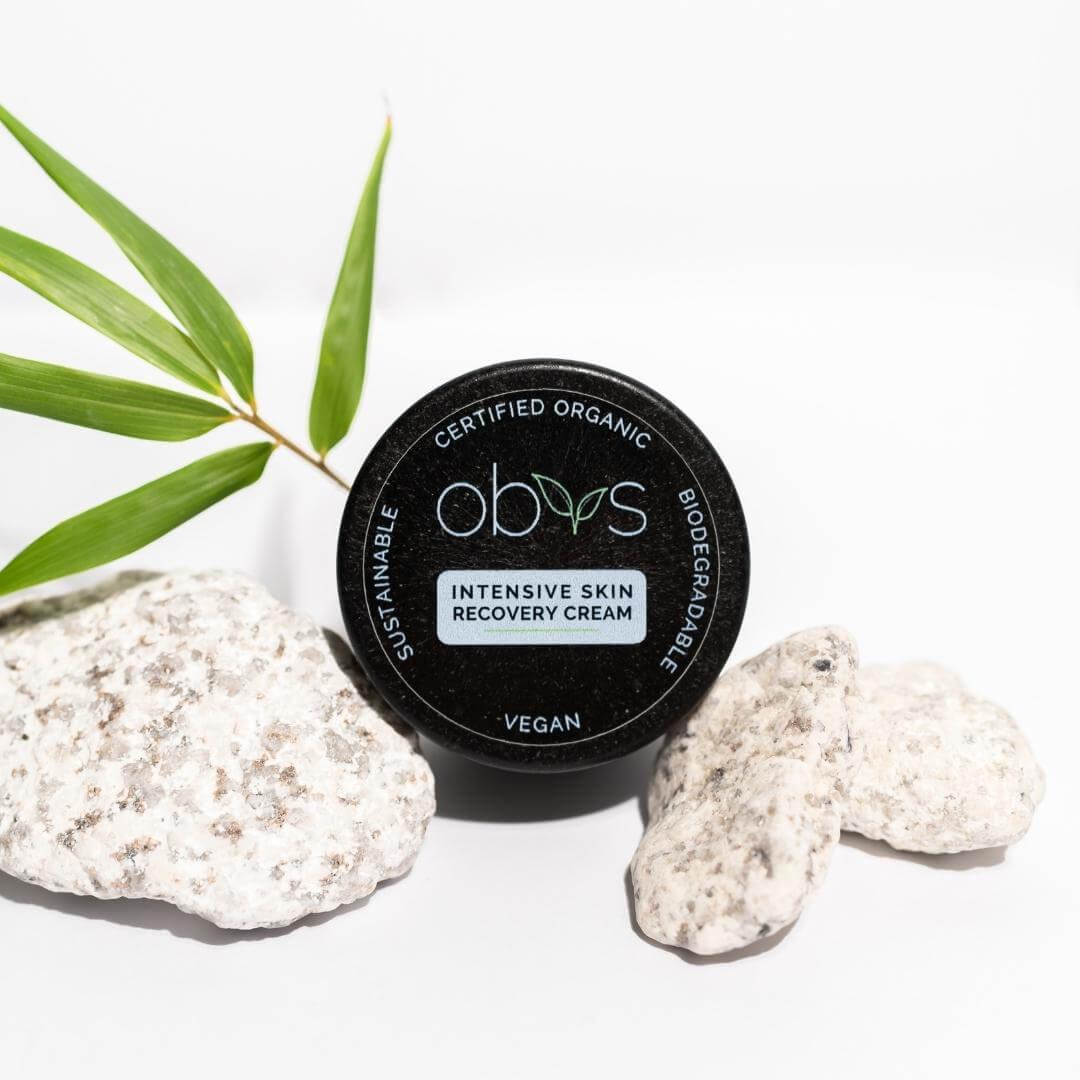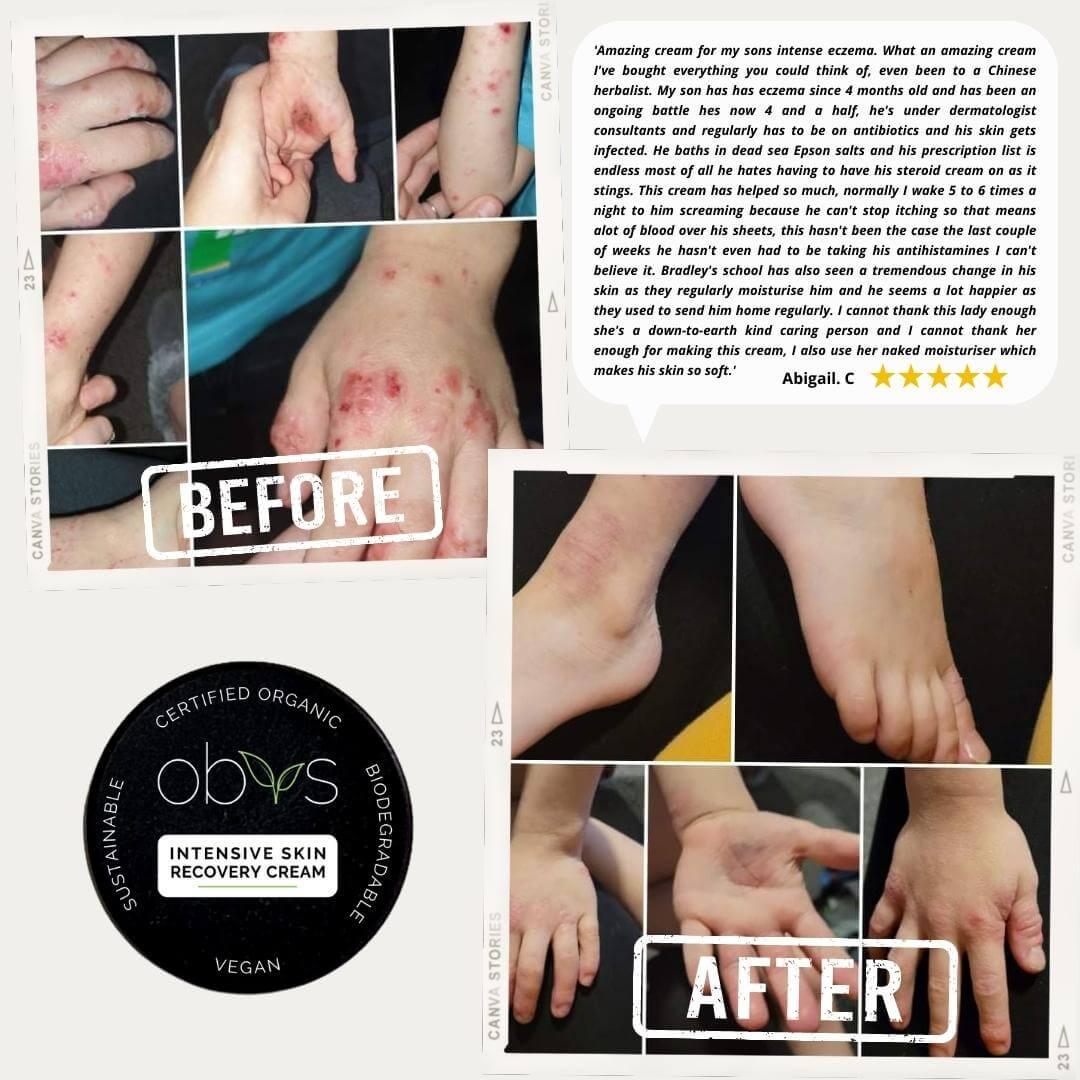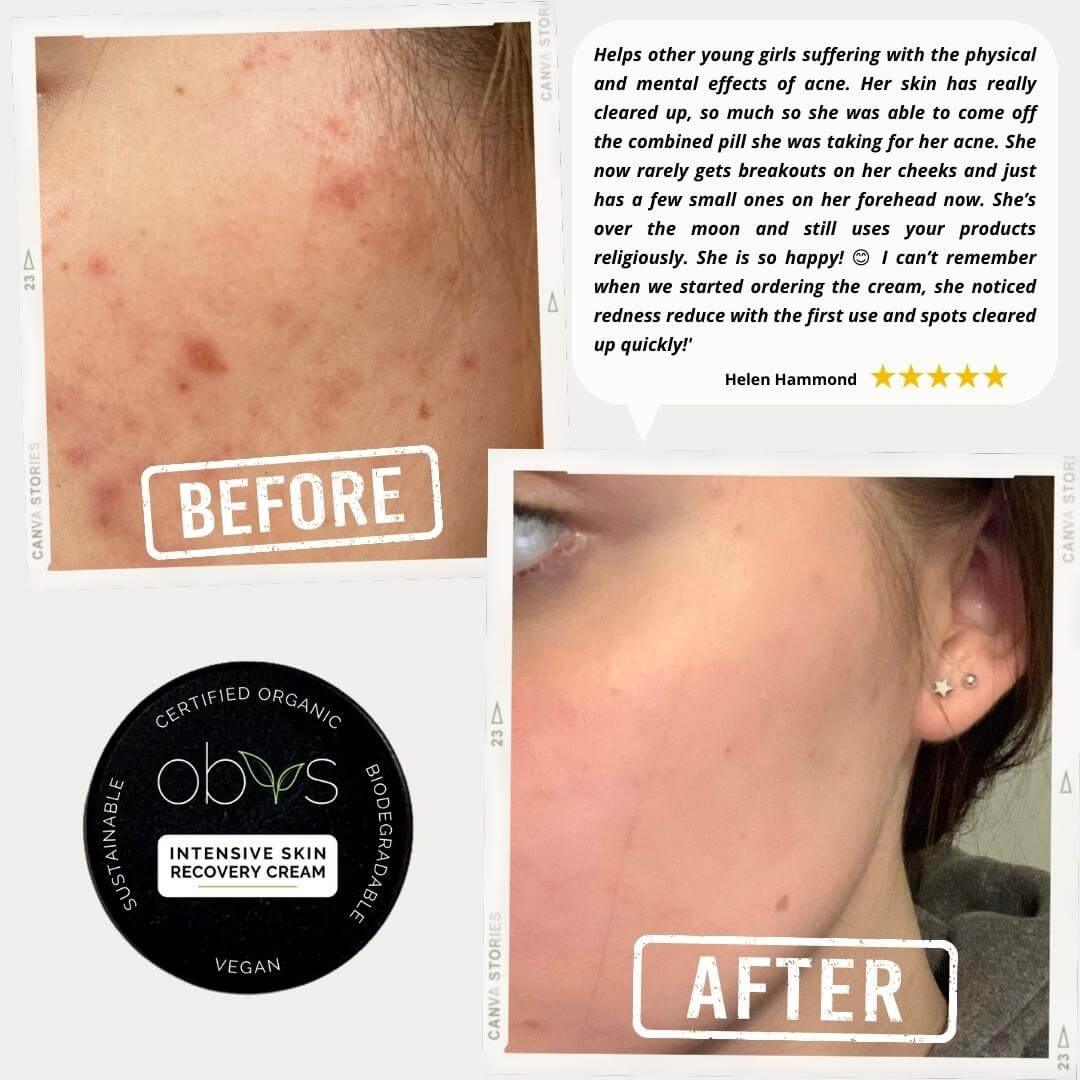
Understanding Allergic Rhinitis (Hay Fever) and How To Treat It
Share
Understanding Allergic Rhinitis
Contents
- Introduction to Allergic Rhinitis
- Symptoms of Hay Fever
- Causes of Hay Fever
- Importance of Treating Hay Fever
- Non-Allergic Rhinitis
- Types of Allergic Rhinitis
- Seasonal Allergic Rhinitis
- Perennial Allergic Rhinitis
- Occupational Rhinitis
- Pollen-Food Allergy or Oral Allergy Syndrome
- Diagnosis of Hay Fever
- Managing Rhinitis
- Treatments for Hay Fever
- Advanced Treatments for Severe Symptoms
- Allergy Testing
- Key Takeaways
- Additional Resources
Introduction to Allergic Rhinitis
Allergic rhinitis, commonly known as hay fever, is an inflammation of the nasal lining triggered by allergens. It is prevalent, impacting 10-15% of children and 26% of adults in the UK (GK Scadding et al., 2017). This condition can substantially diminish quality of life, affecting work, school performance, and attendance, and it can be a precursor to asthma. Over the past two decades, the incidence of allergic rhinitis has tripled (Allergy the unmet need, 2003). When allergens are inhaled, they can provoke symptoms not only in the nose but also in the sinuses, throat, eyes, and middle ear.
Symptoms of Hay Fever
- Sneezing
- Itchy nose, palate, or throat
- Nasal congestion
- Runny nose with clear fluid
- Red, itchy, or watery eyes
- Postnasal drip
- Cough
- Wheezing or asthma symptoms
- Sinus pain
- Itchy or blocked ears
- Nosebleeds from frequent rubbing or scratching
Causes of Hay Fever
Allergic rhinitis occurs when the immune system overreacts to airborne allergens such as pollen, house dust mites, or pet dander. These allergens trigger the release of chemicals like histamine, which cause sneezing, itching, and a runny nose. Other chemicals lead to inflammation, resulting in symptoms like nasal congestion, loss of smell, and sleep disturbances.
Importance of Treating Hay Fever
Rhinitis can disrupt sleep, impair concentration, and hinder daily activities. It can cause absenteeism from work or school and negatively impact academic performance. Additionally, untreated allergic rhinitis increases the risk of developing asthma, as the inflammation can extend from the upper to the lower airways.
Non-Allergic Rhinitis
Rhinitis isn't always caused by allergies. Non-allergic rhinitis can result from viral or bacterial infections, which might present with a fever and general malaise. Other causes include reactions to medications like aspirin or hormonal changes, such as those caused by contraceptive pills or thyroid issues.
Types of Allergic Rhinitis
Seasonal Allergic Rhinitis
This type is triggered by airborne allergens from grasses, trees, weeds, and molds, which are common during specific seasons. For instance, birch tree pollen is a significant allergen in spring, and grass pollen peaks during summer, often coinciding with exam periods for students.
Perennial Allergic Rhinitis
Symptoms persist year-round, often mistaken for a chronic cold. Common triggers include house dust mites, pets, and indoor molds. More detailed information is available in Allergy UK's Factsheet on house dust mite and pet allergies.
Occupational Rhinitis
Occupational rhinitis can be allergic or non-allergic and is caused by airborne substances at work, such as latex, flour, plants, and chemicals. Symptoms typically improve when away from the workplace, like during holidays. Identifying this condition is crucial as prolonged exposure can lead to irreversible asthma.
Pollen-Food Allergy or Oral Allergy Syndrome
Some individuals allergic to tree pollens may experience itching in the mouth or throat when consuming certain raw fruits, vegetables, or nuts. Allergy UK's Oral Allergy Syndrome Factsheet provides more details.
Diagnosis of Hay Fever
Diagnosis is often made by a healthcare professional based on medical history and nasal examination, supported by allergy tests if necessary. Special nasal examinations, such as nasal endoscopy, might be required in some cases.
Managing Rhinitis
Avoiding Allergens
- Monitor daily pollen forecasts and stay indoors when counts are high.
- Limit time in rural areas and opt for coastal locations.
- Shower, wash hair, and change clothes after being outdoors.
- Keep windows closed, especially in the morning and evening.
- Use air filters at home and in cars.
- Avoid mowing lawns or raking leaves; if necessary, wear a filtration mask and wraparound sunglasses.
- Keep pets clean to reduce pollen on their fur.
Nasal Allergen Barriers and Rinses
Nasal barrier balms applied around the nostrils can prevent allergen entry. Saline rinses can wash away allergens and are effective when used regularly.
Treatments for Hay Fever
Medications
- Antihistamines: Effective for mild symptoms; available in various forms.
- Nasal Steroids: Crucial for moderate to severe symptoms, especially for nasal congestion.
- Combination Sprays: Available for more severe cases.
- Eye Drops: For severe eye symptoms, cromoglycate drops, or prescription alternatives.
- Decongestants: Useful for occasional relief but not for regular use.
Advanced Treatments for Severe Symptoms
Corticosteroid Tablets
Short courses can relieve severe symptoms but must be prescribed and used with nasal sprays.
Immunotherapy
Desensitization through regular allergen exposure, either sublingually or via injections, for at least three years. Effective for severe cases and can prevent disease progression.
Allergy Testing
Not always necessary for simple hay fever but crucial if the trigger is unclear or for planning immunotherapy. Tests include skin prick tests and specific IgE blood tests.
Key Takeaways
- Allergic rhinitis can significantly impact quality of life and lead to other health issues like asthma.
- Effective management includes avoiding triggers, using barrier methods, and taking appropriate medications.
- For severe cases, advanced treatments like corticosteroids or immunotherapy may be necessary.
- Regular allergy testing can help identify specific triggers and guide treatment.
Additional Resources
For more detailed information, visit:
A helpful tip to manage pollen exposure is using Obvs Skincare Organic Balm around the nostrils. This can act as a barrier, reducing the amount of pollen entering the nose and triggering symptoms.
